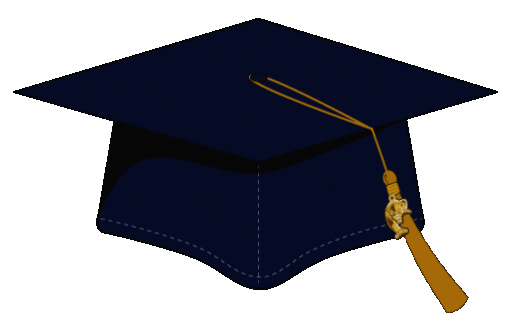Technology For Remembering
Ian Hodder, “The Entanglements of Humans and Things: A Long-Term View”
Ben Thompson, “Facebook, Phones, and Phonebooks” and “The Multitudes of Social”
A text of your own choosing (optional)
N. Katherine Hayles, How We Became Posthuman (optional)
Susan Orlean or John Brockman texts (optional)
Technology For Remembering
Prompt
Jonathan Foer, after exploring the history of writing as a technology for remembering, ends his chapter with a reflection on the possible consequences of “off-loading” or “extending” our memories with technology. Ian Hodder presents a related argument about how human life becomes “entangled” by its relationship with things, with material objects. For this assignment, I would like to see you engage with these two articles and develop an argument about the consequences of extending the mind in these ways. Surely, technology aids and assists us. But, in doing so, it changes us too.
Technology For Remembering
Similarly, you might choose to work with Ben Thompson’s articles on social media in relationship to Foer and/or Hodder.
Your goal here is to work with and beyond these texts. Find a connection, build an argument that helps you see two of these texts in dialogue. In working through this relationship (and choosing terms and points of contact), you will develop and practice your capacity to use texts as more than merely “evidence” or established authority. Here texts will be put to use, tested, and extended.
Your work here should demonstrate your ability to revisit the terms of the Hayles paper but in a new context. How is technology shaping our understanding of ourselves and our identities? You are welcome to draw on any of the other texts we have read to this point or to find your own points of connection from beyond this context. Whatever you choose to do, be sure to work closely with two of the three authors at the center of this unit (Foer, Hodder, Thompson). Because everyone will be working within the same context, it is up to you to find innovative and (ha!) memorable ways to engage.
Technology For Remembering
Evaluation
The project will be evaluated on its success in establishing a dynamic relationship with the two texts and its thoughtful consideration of the implication of this work. Strong essays will provide extended analysis of the texts in question and will put these terms (and examples) to use in a new context. As in all academic writing, the most important factor in this assignment is the contribution your essay makes to our ongoing conversation.
Rhetorical Considerations
With this essay, a new complexity has been introduced. Even more than in your first essay, you will need to select and present aspects of the reading that you wish to discuss. With so much to choose from, you will need to be clear about what aspect of the topic you are discussing and why it matters to your reader. Use writing features such as a stable, defined critical vocabulary; a strong title; powerful examples or demonstrations; section headings; images or diagrams where necessary; and, always, attention to the needs of your audience.
Technology For Remembering
Remember that in writing you are always trying to convince the reader of both the validity of your argument and in your intellectual ability to make the argument. Have a strong thesis, have a specific example to support your point, no filler, no repeating the question. Clear and strong writing. What I will be looking for in these papers is YOUR level of engagement with the readings and the reality.
Technology For Remembering
It should go without saying, I take plagiarism very seriously. Thus if there is a case of plagiarism I will vigorously pursue the issue and if the offender is found guilty she/he will FAIL THE WHOLE COURSE as noted in the syllabus.
Academic Misconduct: The Division of Student Affairs (Dean of Students Office) states the following in The Student Code:
Academic misconduct is dishonest or unethical academic behavior that includes, but is not limited, to misrepresenting mastery in an academic area (e.g., cheating), failing to properly credit information, research or ideas to their rightful originators or representing such information, research or ideas as your own (e.g., plagiarism).
Technology For Remembering
Misuse of Sources: The misuse of sources is the failure to acknowledge properly the source of an idea and/or specific language that is presented in any work submitted for evaluation, including (but not limited to) journal entries, drafts of papers, and final submissions of papers. The misuse of sources is a violation of academic codes of conduct and could result in serious penalty.
FYI:
I prefer not to use the word “I” or personal examples for an academic essay










